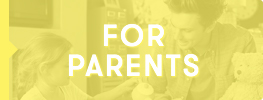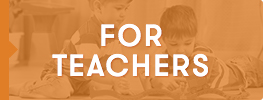Hello!
A warm welcome to the Learn to Play website. Learn to Play Events has been up and running for nearly 3 years and we are pleased to announce that the Learn to Play program is listed on the Victorian Government’s School Readiness funding menu of evidence-informed programs and supports (“the Menu”). Because of this we are offering a new workshop for 2019 for kindergarten teachers, as well as Learn to Play Introduction and Advanced workshops.
Over the last 3 years Learn to Play Events is proud to have offered and delivered a variety of workshops related to Learn to Play Therapy and play assessment. In 2019 we are expanding our workshops to include a workshop for those who work with children with chronic medical conditions and/or children who have had a lot to do with hospitals. This workshop is run by Dr Judi Parson who is a paediatric nurse and play therapist. She has written book chapters and papers on medical trauma.
Since we have been up and running Learn to Play has published new products:
Pretend Play Enjoyment Developmental Checklist by Karen Stagnitti
Pretend Play Checklist for Teachers by Karen Stagnitti and Louise Paatsch
Parent Learn to Play Facilitators manual and Parent Handbook by Karen Stagnitti
We are very happy to announce further resources coming in 2018:
Animated Movie Test (a play assessment for young people aged 8 – 15 years) by Karen Stagnitti
Indigenous Child-Initiated Pretend Play Assessment by Karen Stagnitti and Alma Dender.
Enjoy the website and don’t forget to check out the free resources.
Jessica and Karen




